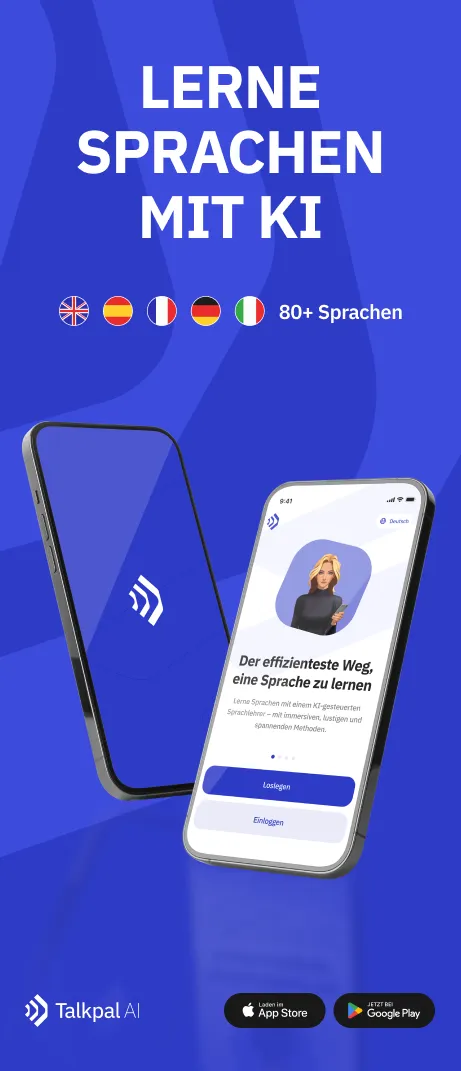Übung 1: Future Simple – Verwendung von „will“
2. She *will call* you later. (Hinweis: „will“ zeigt eine feste Absicht oder Vorhersage an)
3. We *will travel* to Ukraine next year. (Hinweis: Zukunft mit „will“ ausdrücken)
4. They *will help* us if we ask. (Hinweis: Versprechen oder Angebot mit „will“)
5. It *will rain* tomorrow according to the weather forecast. (Hinweis: Vorhersage mit „will“)
6. He *will finish* his homework before dinner. (Hinweis: zukünftige Handlung mit „will“)
7. I *will send* you the email soon. (Hinweis: Absicht in der Zukunft mit „will“)
8. You *will see* the results next week. (Hinweis: „will“ für zukünftige Ereignisse)
9. We *will celebrate* her birthday on Saturday. (Hinweis: feste Pläne mit „will“)
10. The meeting *will start* at 10 o’clock. (Hinweis: Zeitangabe in der Zukunft mit „will“)
Übung 2: Conditional Simple – Verwendung von „would“
2. She *would help* you if she were here. (Hinweis: Bedingung und Folge mit „would“)
3. We *would buy* a bigger house if we had more money. (Hinweis: hypothetische Situation mit „would“)
4. They *would come* to the party if invited. (Hinweis: „would“ für Möglichkeit unter Bedingung)
5. I *would learn* English better if I practiced every day. (Hinweis: Wunsch oder hypothetische Handlung)
6. He *would call* you if he knew your number. (Hinweis: Bedingungssatz mit „would“)
7. You *would feel* better if you rested. (Hinweis: hypothetische Folge mit „would“)
8. We *would visit* Ukraine if we had time. (Hinweis: Möglichkeit unter einer Bedingung)
9. She *would be* happy if you came to see her. (Hinweis: hypothetische Gefühle mit „would“)
10. I *would buy* that book if it were cheaper. (Hinweis: „would“ für hypothetische Handlung)










